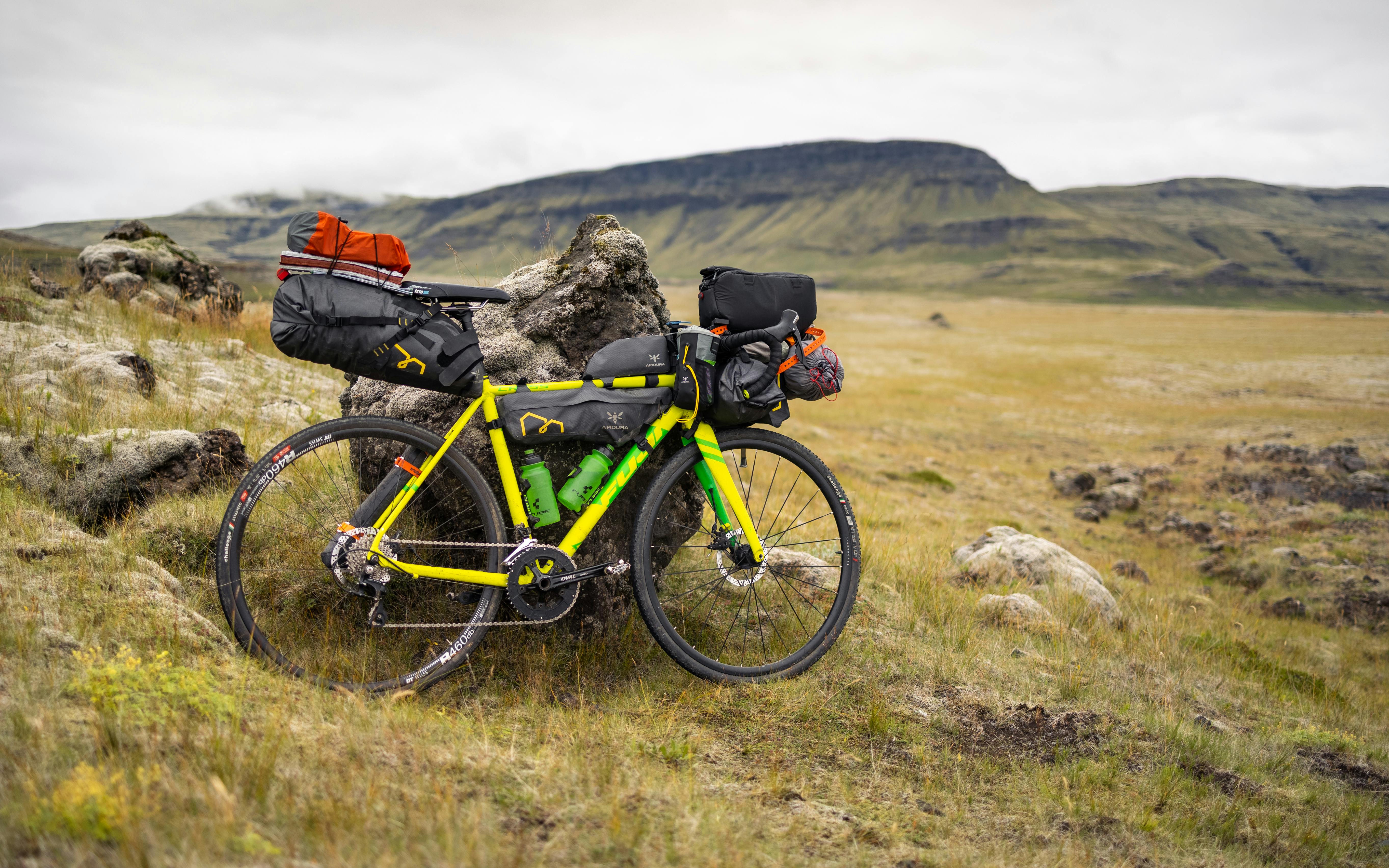The Renaissance of Bikepacking: An Immersive Way to Travel
The world of travel and exploration has a new favorite: bikepacking. This trend combines the thrill of mountain biking with the self-sufficiency of backpacking. Bikepacking has gained considerable attention from travelers seeking unique, immersive experiences. It's not just about reaching the destination; it's about the journey, the landscapes, the challenges, and the feeling of accomplishment.

Bikepacking: A Historical Perspective
Bikepacking isn’t entirely a new concept. It dates back to the late 19th century when people started using bikes for long-distance journeys, carrying their essentials in saddlebags. The trend was revitalized in the early 2000s, with the advent of lighter, durable bikes and specialized backpacking gear. Bikepacking offers a novel way to explore landscapes, merging the adventurous spirit of off-road biking with the minimalist approach of backpacking.
The Current Wave of Bikepacking
Now, bikepacking is experiencing a significant resurgence, driven by travelers’ growing desire for sustainable, immersive, and adventurous travel experiences. The trend has been further amplified by the pandemic, as people are seeking out solitary, outdoor pursuits. Bikepacking allows travelers to escape the crowds, connect with nature, and experience local cultures in a way that traditional travel can’t offer.
Advantages and Challenges of Bikepacking
Bikepacking offers several advantages. It provides a low-cost, environmentally friendly alternative to traditional travel methods, allowing travelers to cover vast distances while leaving a minimal carbon footprint. It also encourages physical fitness and mental resilience, as bikers navigate diverse terrains and weather conditions.
However, bikepacking is not without challenges. It requires a certain level of fitness, preparation, and knowledge of bike maintenance. Additionally, bikepackers must be prepared to face unexpected obstacles such as inclement weather, rough terrains, and wildlife encounters.
Impact of Bikepacking on Travelers and Local Communities
Bikepacking can be a transformative experience for travelers, fostering a deeper appreciation for nature, local cultures, and their own capabilities. It also benefits local communities by promoting sustainable tourism and providing economic opportunities without causing significant disruption to the environment.
Practical Tips for Bikepacking
- Choose the right gear: Invest in a good quality bike suited for off-road travel and lightweight camping gear. Your gear should be compact, versatile, and durable.
- Plan your route carefully: Research your route, considering factors like terrain difficulty, weather conditions, water sources, and camping spots.
- Prepare for emergencies: Carry a basic first-aid kit, learn basic bike repairs, and have a contingency plan in case of emergencies.
- Respect nature and local communities: Follow the principles of ‘Leave No Trace’ to minimize your impact on the environment. Respect local customs and contribute to the local economy by buying local products.
In conclusion, bikepacking is a unique travel trend that offers an immersive, challenging, and environmentally friendly way to explore the world. It embodies the essence of adventure travel, combining physical endurance, self-sufficiency, and a deep connection with nature and local cultures. As travel preferences continue to evolve, bikepacking has the potential to redefine the way we perceive and experience travel.




